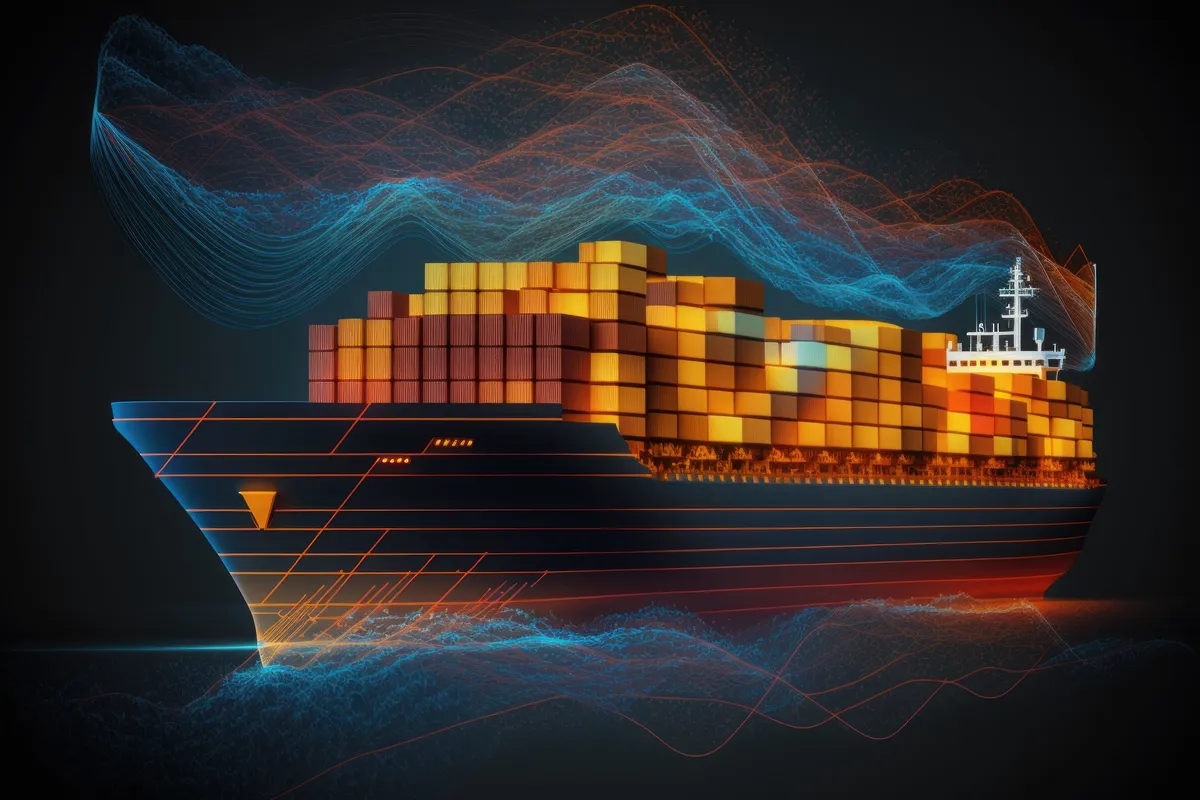The International Maritime Organization has issued resolution MSC.560(108) amending Part A of the Seafarers' Training, Certification, and Watchkeeping (STCW) Code, with a primary focus on enhancing safety training, human relations, and preventive measures against bullying and harassment at sea.
The changes will enter into force on January 1, 2026.
Enhancements to Seafarer Training:
- Emergency Procedures: The amendments focus on reinforcing seafarers' competence in responding to emergencies like collisions, fires, and foundering (sinking). This includes familiarization with shipboard contingency plans, emergency signals, use of personal safety equipment, and participation in drills.
- Marine Pollution Prevention: Training is updated to ensure seafarers understand the environmental impacts of shipping and adhere to procedures that prevent pollution, including both operational and accidental discharges.
- Safe Working Practices: Seafarers are required to follow international guidelines on accident prevention and occupational safety, including precautions when entering enclosed spaces and using protective equipment.
Human Relations and Communication:
- The amendments place a significant emphasis on improving communication and teamwork aboard ships. Seafarers are trained to understand and overcome barriers to effective communication within teams, contributing to better coordination in safety and operational tasks.
- Human Relationships: The importance of maintaining good working relationships and a respectful atmosphere on board is highlighted. This includes training on conflict resolution, understanding social responsibilities, and awareness of employment conditions and rights.
Prevention of Violence, Harassment, and Assault:
- One of the most significant updates is the introduction of mandatory training on the prevention of bullying, harassment (including sexual harassment), and sexual assault at sea.
- Seafarers will now receive training on identifying various forms of harassment, including their causes and consequences. The training will cover how power dynamics, discrimination, stress, isolation, and substance abuse may contribute to these harmful behaviors.
- A key addition is training on trauma-informed responses, equipping seafarers to provide appropriate support to victims and manage incidents of violence or harassment in a safe and constructive manner.
Fatigue Management:
- Seafarers will receive training on the effects of fatigue, with a focus on understanding how sleep schedules, work conditions, and physical stressors impact alertness and performance. This is aimed at ensuring that seafarers take necessary actions to manage fatigue, improving their well-being and safety while on duty.
LINK TO ACCESS THE DOCUMENT

Sign up for our newsletter
It's free. No spam. Cancel anytime.










Related News
Most important regulatory news published in the last week
Jan 21, 2025
Isle of Man: Key changes to marine casualty reporting
Jan 17, 2025
Updated IMO guidelines for GMDSS radio installations on SOLAS ships
Jan 17, 2025